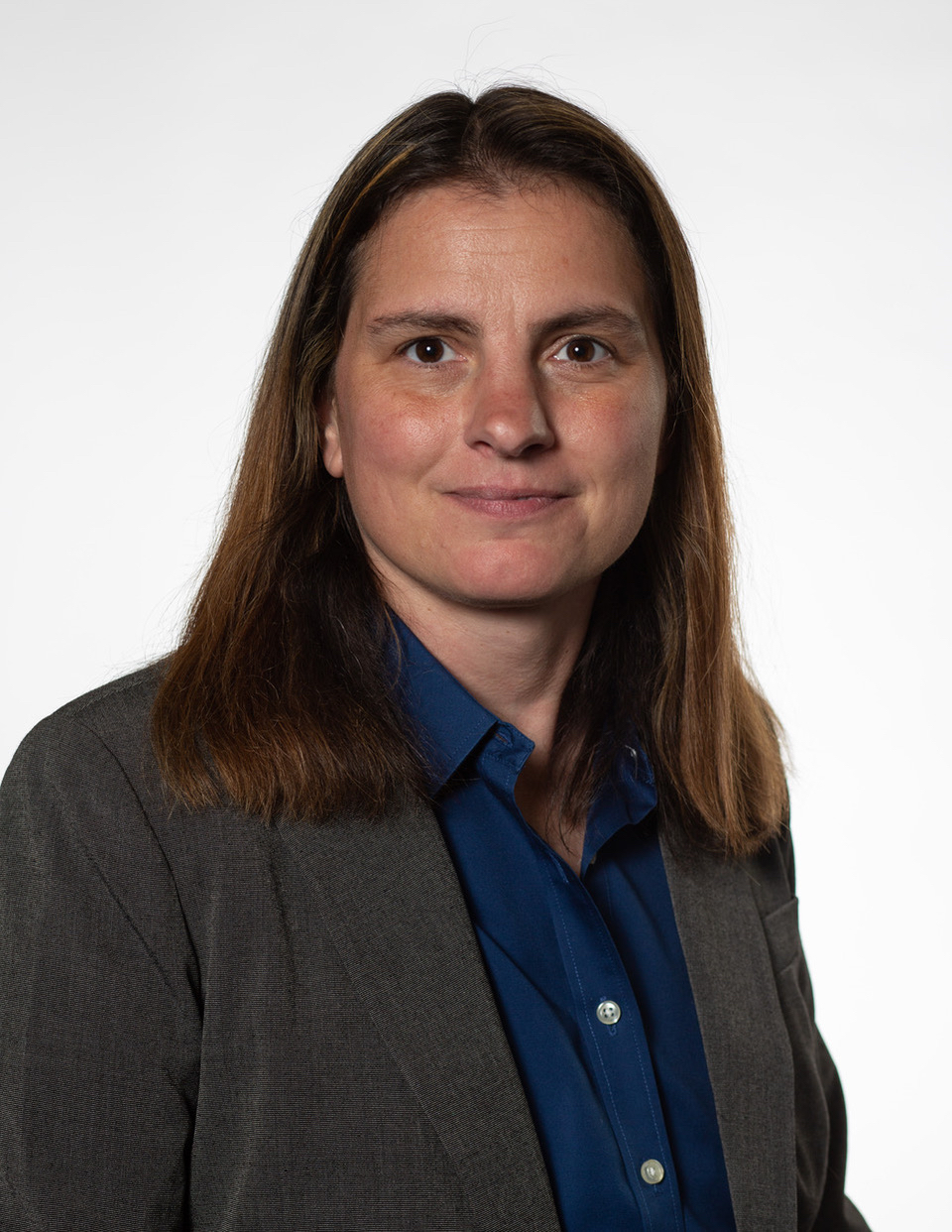Each year, the National Association of Wastewater Technicians — a group dedicated to the sanitary liquid waste management industry — offers scholarship awards to those studying in the field of wastewater transport and treatment. One of the 2019 Hapchuk Scholarship winners is Jennie Callahan, who first became interested in wastewater after meeting a civil engineer restoring temples in Angkor Wat, Cambodia. Years later, attending a graduate program in environmental engineering at the Colorado School of Mines, she cites the experience as a catalyst for joining the wastewater treatment industry.
“He [the civil engineer] was helping restore the temple complexes out in Angkor Wat for Engineers Without Borders. I was out in Cambodia for three weeks or so, just visiting and popping around, and you see the children bathing in the same water that their water buffaloes are hanging out in, they still had areas of open defecation, and I just thought that was something I could help with,” Callahan says.
It wasn’t a single turning point that led her here — she comes to the discipline after 20 years of service in various capacities of Army military police, much of that time as a criminal investigator.
“Each phase of my career increased my sense of responsibility to the community,” Callahan says. “I was given a chance to aid those who needed it and protect the community.”
Though she says she loved her time in the Army, it isn’t a job that’s easy to do forever.
“You start to get a little dark and twisty in that work — every interaction I was having with people was very negative. And I thought, There has got to be something sunshiney and brighter than what I was doing every day. I’ve really got to do something different with my life,” she says. “So I got out of the Army and decided I wanted to be an engineer. Traveling all over the world, I saw that environmental engineers could really help out in just about any industry.”
After joining the Colorado School of Mines, she went straight from finishing her undergrad to embarking on a graduate degree, which she is currently pursuing. It is in service of that pursuit she was awarded the 2019 Hapchuk Scholarship from NAWT.
“Growing up in Colorado, I was always drawn to the outdoors and fascinated by the way pieces of the environment balance each other over time,” she says in her biography as part of the application. “The way people around the world live with our planet is clearly out of balance and causing lasting harm. This led me to decide to leave the Army and devote the next phase of my life to my preventing environmental decline and helping establish a society that respects their home.”
The scholarship money will go toward completion of her thesis and graduate research — a mobile anaerobic digestion unit and a BioWin model for anaerobic systems.
“I know it sounds silly, but I finally get to upgrade my computer!” she says. The scholarship will also go toward her tuition, she notes, but, “It’s nice I can actually buy a new laptop that will help me finish my thesis work.”
Her thesis research is an extension of a pilot-scale system she started early in her academic pursuit.
“It started in my first semester: I went to my faculty advisor, and I said, ‘Please find me a job. If you don’t find me a job, I will go to work stacking boxes,’” Callahan says. “Because the Army life was a lot more intense than sitting at school, I really needed to get to work.”
She was fortunate enough to join another ex-military student, a graduate student who had begun the anaerobic digester pilot that she eventually continued in her graduate studies. It was during that time that her career trajectory began to take shape.
“I was lucky I had this Army major who I could go work for to help me transition out of the Army, get a little bit more used to civilian life and learn about wastewater treatment,” she says. “Then my second semester, I started being able to take actual environmental classes. And I learned about sanitation and hygiene and how the world really isn’t doing all that great.
“I had been overseas, I’ve lived on bottled water before and I’ve been deployed. I saw that, and I just really thought it was something that I could help with. I started taking humanitarian engineering classes as well, and that really taught me how to work with communities, to develop solutions that they can maintain, that they can help with, that they can actually use.”
In addition to her graduate work, Callahan also volunteers time at a local engineering firm, gaining knowledge and experience preparing plans for onsite wastewater treatment systems.
“I hope to offer my services to communities in developing sustainable solutions to problems associated with drinking water and wastewater treatment. My goal is to help communities abroad without access to clean water or effective sanitation determine technical solutions that work best for them,” Callahan says. “We have some faculty advisors here who are somewhat against that. They say, ‘Hey, look, the United States has its own problems — stick around. But the infrastructure is so hard to change within the United States, even within a particular state, county or city — but I can go out to a rural village and set up a water treatment system or water reuse system, and maybe that helps a couple hundred people. That’s my goal.
“The civil engineer who I knew out in Cambodia is still there, so probably this summer I’ll take another trip out,” she says. “I’m not one of these 20-something-year-old kids — it’s not about making the most money or anything like that. For me, it’s going somewhere I can be of use.”






